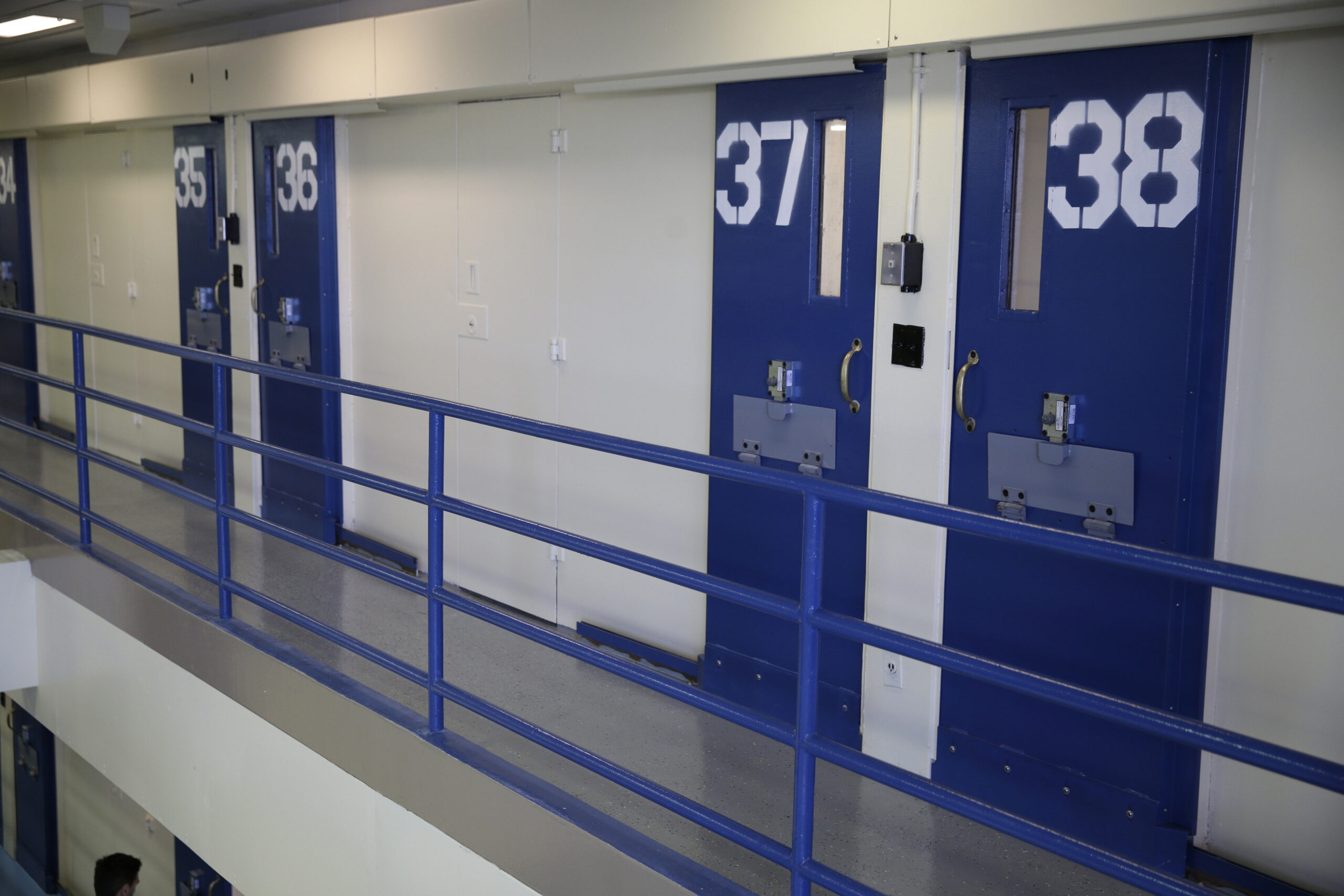NYC Council approves bill banning solitary confinement in city jails

Over the objections of Mayor Eric Adams, New York City lawmakers passed legislation Wednesday meant to ban solitary confinement in the city’s jails.
Adams, a Democrat, had urged the City Council to reject the bill, arguing it will make jails more dangerous for both inmates and staff. But the measure was overwhelmingly approved and has enough supporters on the council to overrule a potential veto from the mayor.
The bill places a four-hour limit on isolating inmates who pose an immediate risk of violence to others or themselves in “de-escalation” units. Only those involved in violent incidents could be placed in longer-term restrictive housing, and they would need to be allowed out of their cells for 14 hours each day and get access to the same programming available to other inmates.

Brooklyn Boro
View MoreNew York City’s most populous borough, Brooklyn, is home to nearly 2.6 million residents. If Brooklyn were an independent city it would be the fourth largest city in the United States. While Brooklyn has become the epitome of ‘cool and hip’ in recent years, for those that were born here, raised families here and improved communities over the years, Brooklyn has never been ‘uncool’.